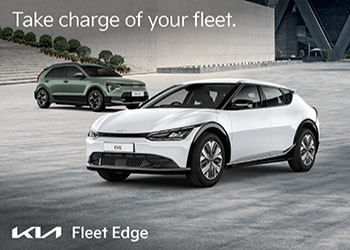On Tuesday AfMA hosted a delegation from the Zhejiang Rental Car Association who represent over 100 members in the Zhejiang province of China.
Zhejiang province has a population of some 55 million across 101,800 km2 and has an estimated rental vehicle carpark of 1.2 million. Conversely, Australia has a population of 24 million across 7.692 million km2 and has an estimated rental vehicle carpark of 250,000. It’s worth noting China sold over 28 million new vehicles in 2016 compared to Australia’s 1.178 million.
Assisting AfMA with this study tour was Dean Jacob the Group General Manager of Jacob Group. Dean is 4th generation and presides over 16 diverse companies including, Jacob Toyota, Lexus if Wodonga, Jacob Hino, Wodonga Prestige (VW), Jacob Body & Paint, Cooks Bus Service and over 20 Hertz Rental outlets from Echuca to Dubbo.
Whilst the language barrier was assisted with an interpreter, you could non-the less feel the passion around the room for the rental industry. Whilst worlds apart operational metrics were similar with most rentals originating from contracted pricing (business and government) with around 30% coming from retail bookings. Procurement practices of ownership through operating lease, guaranteed buybacks or outright purchase are the same as is the motivation for each.

Meeting with key delegates from the Zhejiang Rental Car Association
Operational issues around credit card fraud and stolen vehicles are less of a problem in Australia and disposal options are similar although most operators within Zhejiang province dispose of the vehicles through used car operators after having remedial repairs to ensure maximum sale value. Disposal through trade auctions and dealer trade-ins are also options.
In Zhejiang, the cost of insurance for a rental vehicle is about double the cost of private vehicle insurance. This varies greatly from company to company in Australia however it’s possible through good management and a little luck for it to be the same or cheaper. Technology is important in both countries however GPS tracking services are more affordable in Zhejiang.
In Zhejiang, it is common to provide a chauffeur service where as in Australia an Uber driver may rent a vehicle. Electric vehicles are gaining momentum in China which is no surprise given air quality however volume in Australia is very low but hybrids are generally available.
Despite vast differences in language, population size, new vehicle market size and overall market conditions the rental car industry in China and Australia shared many common themes where subtle differences, problems and solutions provided valuable learning opportunities.











